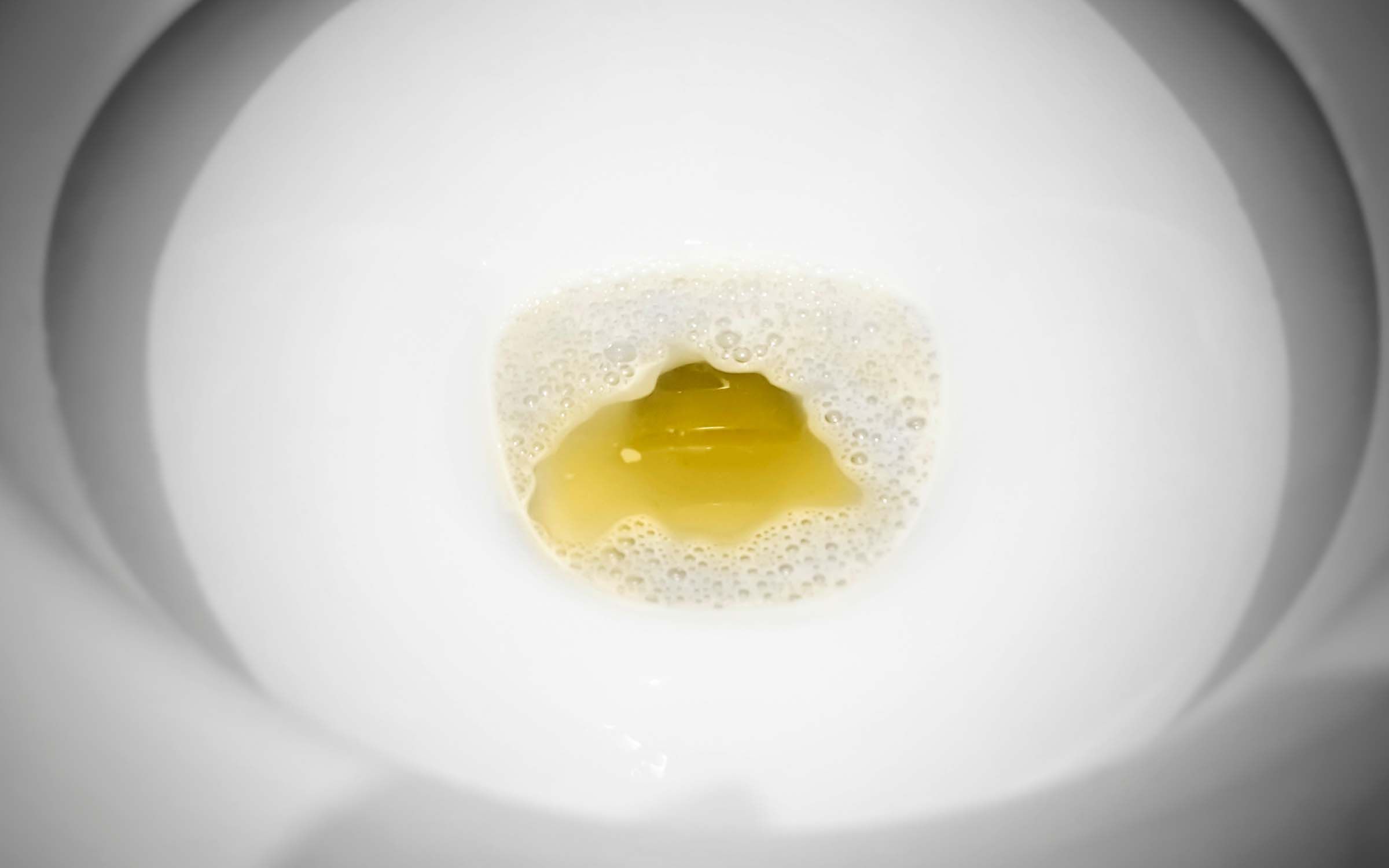Enjoy this Article, Statistics, Insights and Much More...
Genital Size

Continue Reading your
Article with a Genital Size
Subscription.
Explore our Subscription Plans
More Coverage
Long distance peeing, women outperform men hands down!
For all those big macho men who think they can win against a girl in any sort of competition, you better think twice.
What Happens to the Clitoris During Sexual Arousal: Understanding the Role of the Clitoris in Female Sexual Pleasure
The clitoris is a small but crucial part of the female anatomy, playing a vital role in sexual pleasure and arousal. When a woman becomes sexually aroused, the clitoris undergoes physical changes that enhance sexual sensitivity. In this article, we will delve into what happens to the clitoris dur...
The Role of Oxytocin in Pregnancy, Birth and Lactation
Oxytocin is a hormone that plays a vital role in women's health during pregnancy, birth, and lactation. Its role in promoting maternal-infant bonding, reducing pain, and promoting lactation highlights its importance in promoting positive health and well-being for both mothers and infants.
The Differences between Male and Female Urination: Understanding the Complexities of the Urinary System
The human urinary system is essential for removing waste products from the body, but it's different for men and women. From the amount of urine they hold to the way it's expelled from the body, there are several key differences between male and female urination.













